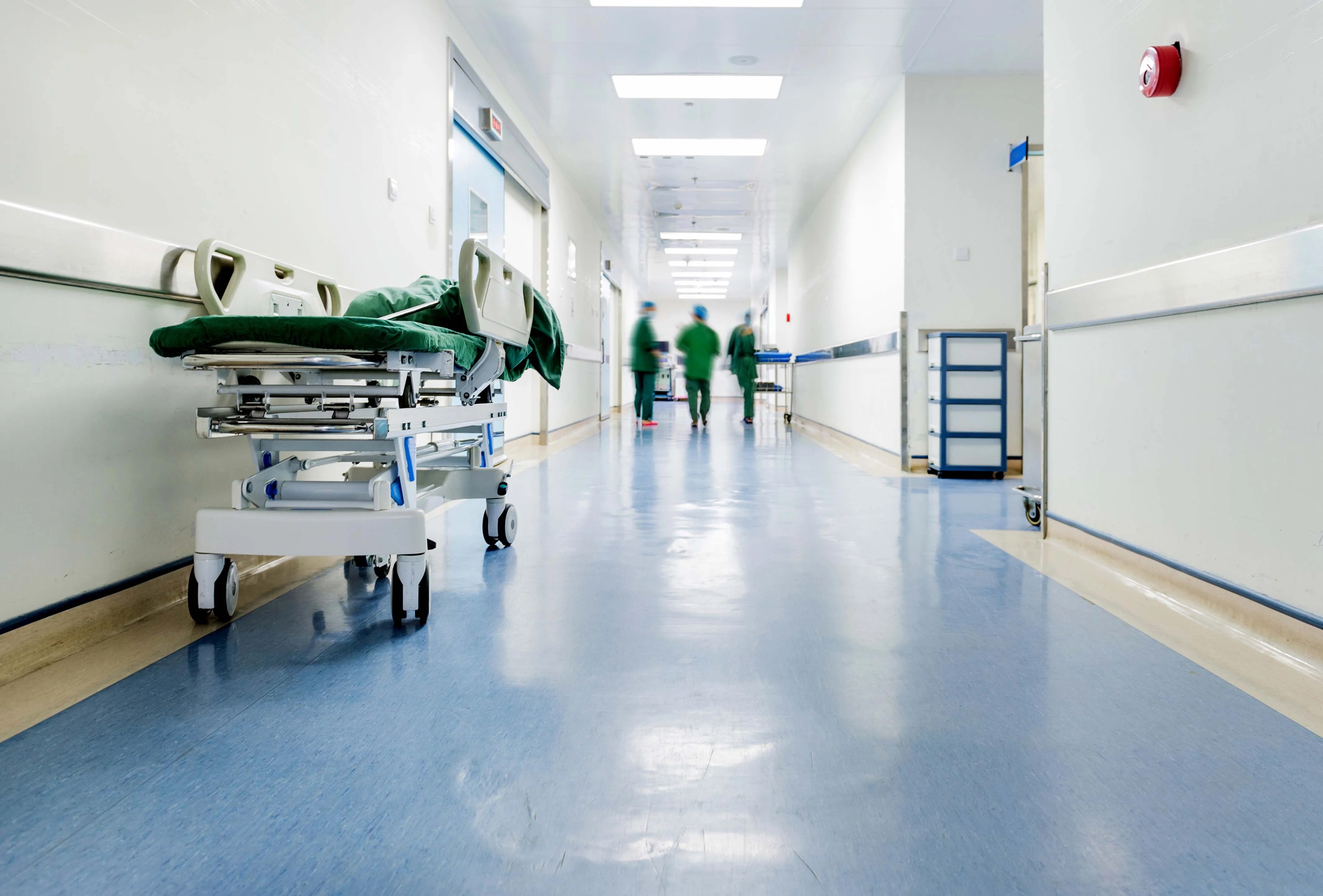
Health costs and prices
The National Health Service (SNS) in Portugal has performed well when it comes to health gains, with the reduction in infant mortality and the increase in life expectancy being good examples of its impact on improving the quality of life of the Portuguese. However, all over the world, health systems are currently undergoing permanent reforms in an attempt to respond to the constant pressure posed by new challenges, which are increasingly rapid, complex and global.
Among these challenges, the issue of creating value in health systems and organisations is of fundamental importance to their ability to respond to new paradigms of innovation, knowledge and, above all, sustainability. The aim of this study was therefore to contribute to the debate and discussion on one of the central issues in the health sector: the relationship between costs and prices as a way of improving performance
- Over the last few decades, what changes have there been in terms of resources, expenditure, production levels and results achieved, as well as the estimated efficiency generated, in the health sector in Portugal?
- What is the current state of the Portuguese health system, in terms of primary healthcare, hospital care and the drugs market?
- How do prices in Portugal compare to those of its European partners?
- How unequal is access to healthcare in Portugal?
- What reforms could Portugal make to improve the performance of the health sector in each of the areas of primary healthcare, hospital care and medicine?
To answer these questions, this study by Fundação Francisco Manuel dos Santos, coordinated by the former Governor of the Bank of Portugal, Carlos Costa, begins with an analysis of the recent changes in the National Health System, followed by an assessment of the current situation in the three areas mentioned.
Finally, based on the results found, recommendations are made for optimising health gains, efficiency and the financial sustainability of the health sector. In this way, FFMS seeks to contribute to more informed debate on a sector that is fundamental to the quality of life of the Portuguese.





